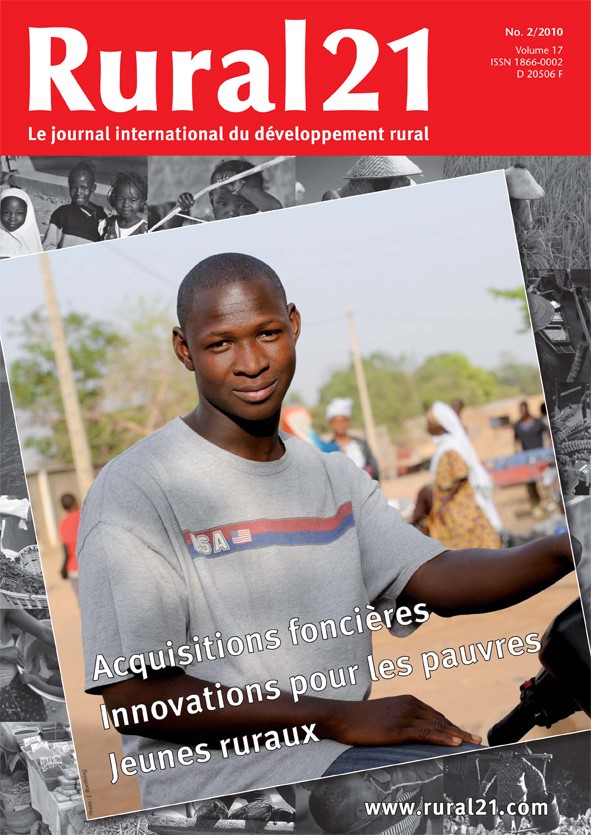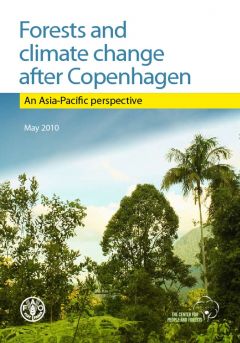Focal point
Location
The Food and Agriculture Organization of the United Nations leads international efforts to defeat hunger. Serving both developed and developing countries, FAO acts as a neutral forum where all nations meet as equals to negotiate agreements and debate policy. FAO is also a source of knowledge and information. We help developing countries and countries in transition modernize and improve agriculture, forestry and fisheries practices and ensure good nutrition for all. Since our founding in 1945, we have focused special attention on developing rural areas, home to 70 percent of the world's poor and hungry people.
Members:
Resources
Displaying 2826 - 2830 of 5074Le défi de l'élevage
Dans les pays en développement, l'élevage représente plus d'un tiers du produit intérieur agricole brut ; la croissance et la transformation rapides du secteur de l'élevage dans de grandes régions de la planète ont débouché sur une amélioration des revenus et de la situation alimentaire d?un grand nombre de personnes. Cette « révolution de l'élevage » a cependant largement négligé les producteurs pauvres ; elle a, en outre, accru le risque de zoonoses et été à l'origine de dégradations environnementales.
Forests and Climate Change After Copenhagen: An Asia-Pacific Perspective
Following Copenhagen, forestry stakeholders have raised many questions about the meaning of COP15 for people, forests, and forestry. FAO and RECOFTC brought together 12 experts in Bali to debate the issues and provide answers to a dozen key questions. This report summarizes the discussions.
Agricultural input business development in Africa: opportunities, issues and challenges
Economic growth and poverty reduction in Africa can be achieved by enhancing the productivity and profitability of agriculture through the development of agricultural input sector. This paper reviews the current state of agricultural input production, marketing and consumption in










